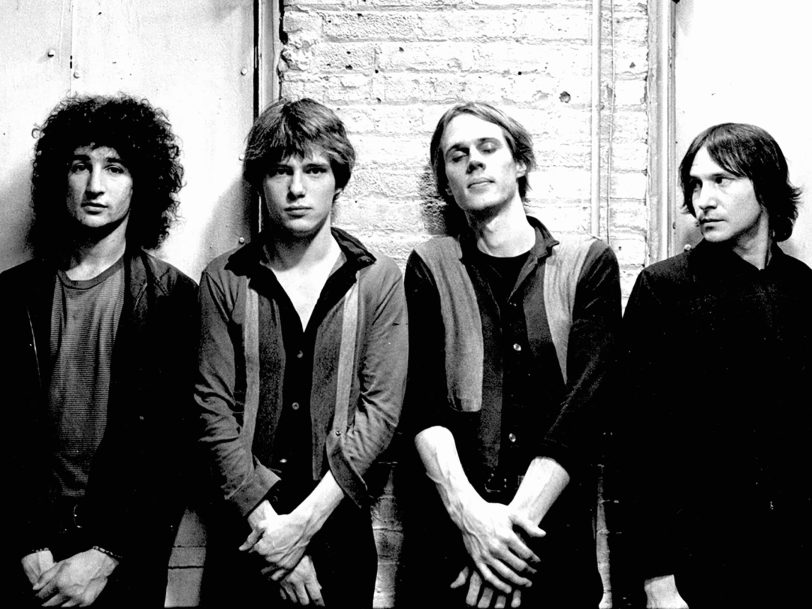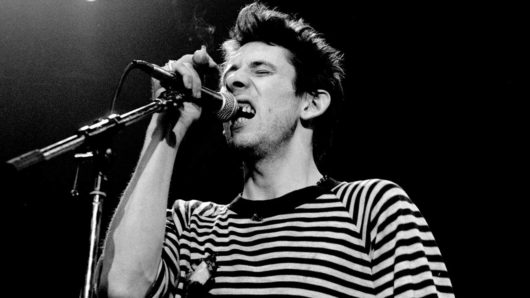Television lagged behind their New York City punk-era contemporaries Blondie, Ramones and Talking Heads when it came to releasing a record, yet they made an immediate impact when they got there. Issued through Elektra at the height of punk, in February 1977, their immaculate debut album, Marquee Moon, contained many of the best Television songs and was almost universally hailed, with a smitten Nick Kent, from NME, describing them as “one band in a million”.
In truth, while their music was shot through with the energy of punk, Television were leagues ahead of the era’s three-chord chancers. Though often neat, sharp and angular, their songs indulged in jazz-style interplay and counter-melodies, with twin lead guitarists, Tom Verlaine and Richard Lloyd, daring to flout their technical ability at a time when such virtuosity was frowned upon. Sadly, though, while the towering Marquee Moon and its underrated follow-up, 1978’s Adventure, helped redraw rock’s post-punk parameters, Television’s career was brief. They split in the autumn of 1978, before reuniting in 1992 to tour and record a self-titled third album. As a result, their catalogue is small, yet it contains some monumental music, as the best Television songs amply prove.
Listen to the best of Television here, and check out the best Television songs, below
10: Little Johnny Jewel (standalone single, 1975)
Originally featuring future NYC punk scenester Richard Hell on bass, Television formed in 1973 and crafted their unique sound through countless local gigs in venues such as CBGB and Max’s Kansas City. Though still unsigned by 1975, the band built a large local following and – with former Blondie bassist Fred Smith replacing Hell – the group self-released their debut single, Little Johnny Jewel, through manager Terry Ork’s DIY imprint, Ork Records.
Loosely a tribute to Iggy Pop (real name James Newell Osterberg, Jr), Little Johnny Jewel broke the established rules for a punk single, as it lasted seven minutes and was spread across both sides of the 7” it was pressed on. This created tension within the band, with Richard Lloyd in particular opposed to the idea of releasing such a long track in this format. Despite this, Tom Verlaine was adamant the song would be released, and this intriguing, lo-fi track, highlighting what US writer Alan Light called “drummer Billy Ficca’s highly syncopated Bohannon beat and Verlaine’s William Blake-inspired lyrics” did much better than anyone expected. Selling out its initial pressing, it quickly attracted sympathetic ears, both at home and abroad.
“I put on Television’s Little Johnny Jewel and couldn’t believe that they had the nerve to record it,” former Teardrop Explodes frontman Julian Cope wrote in his memoir, Head On. “It made the New York Dolls sound like Yes. The bass had no bass, the guitars had no power at all and the singing was awful. In fact the whole record was awful. And epic. And completely brilliant and we never stopped playing it.”




